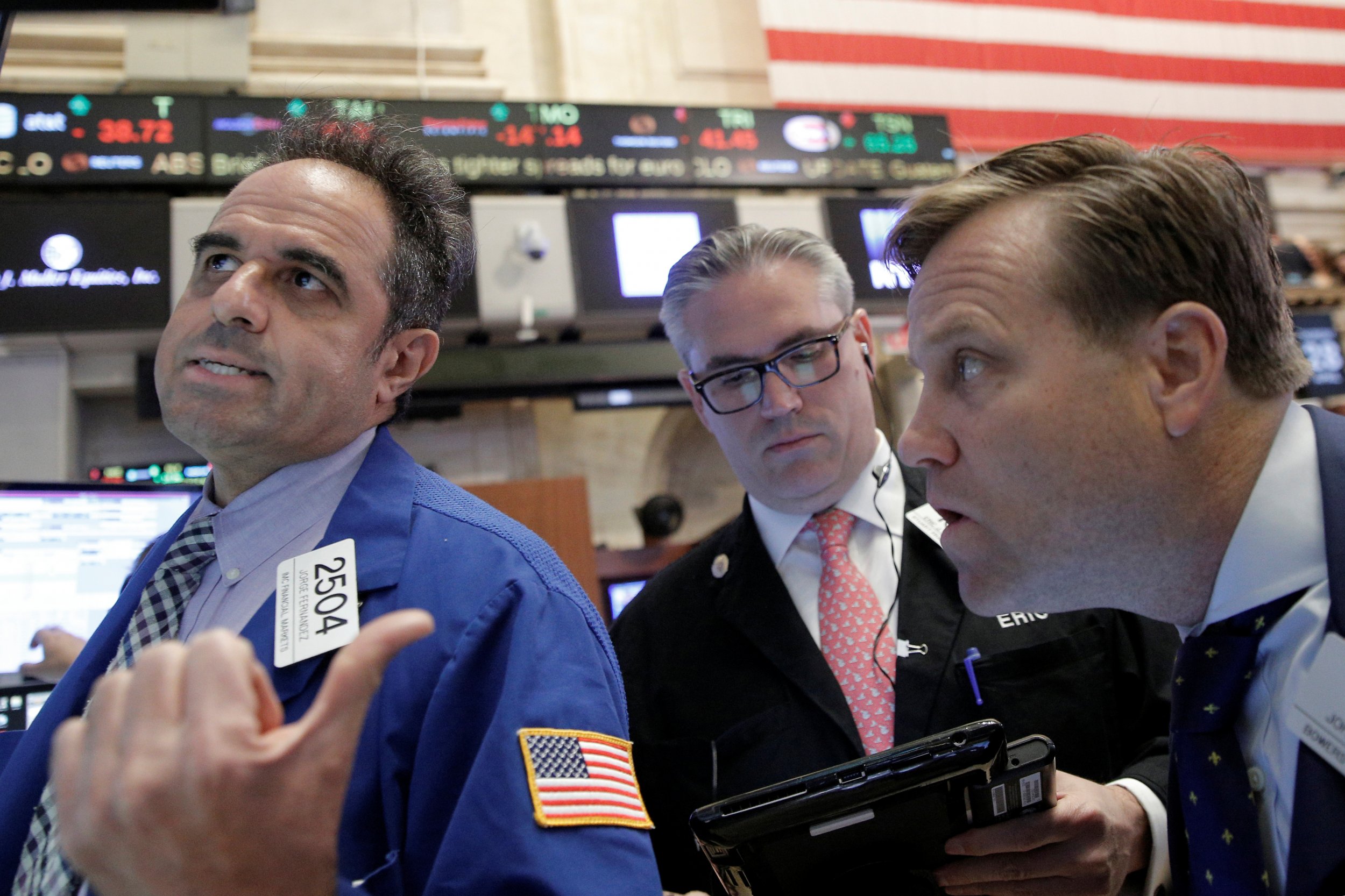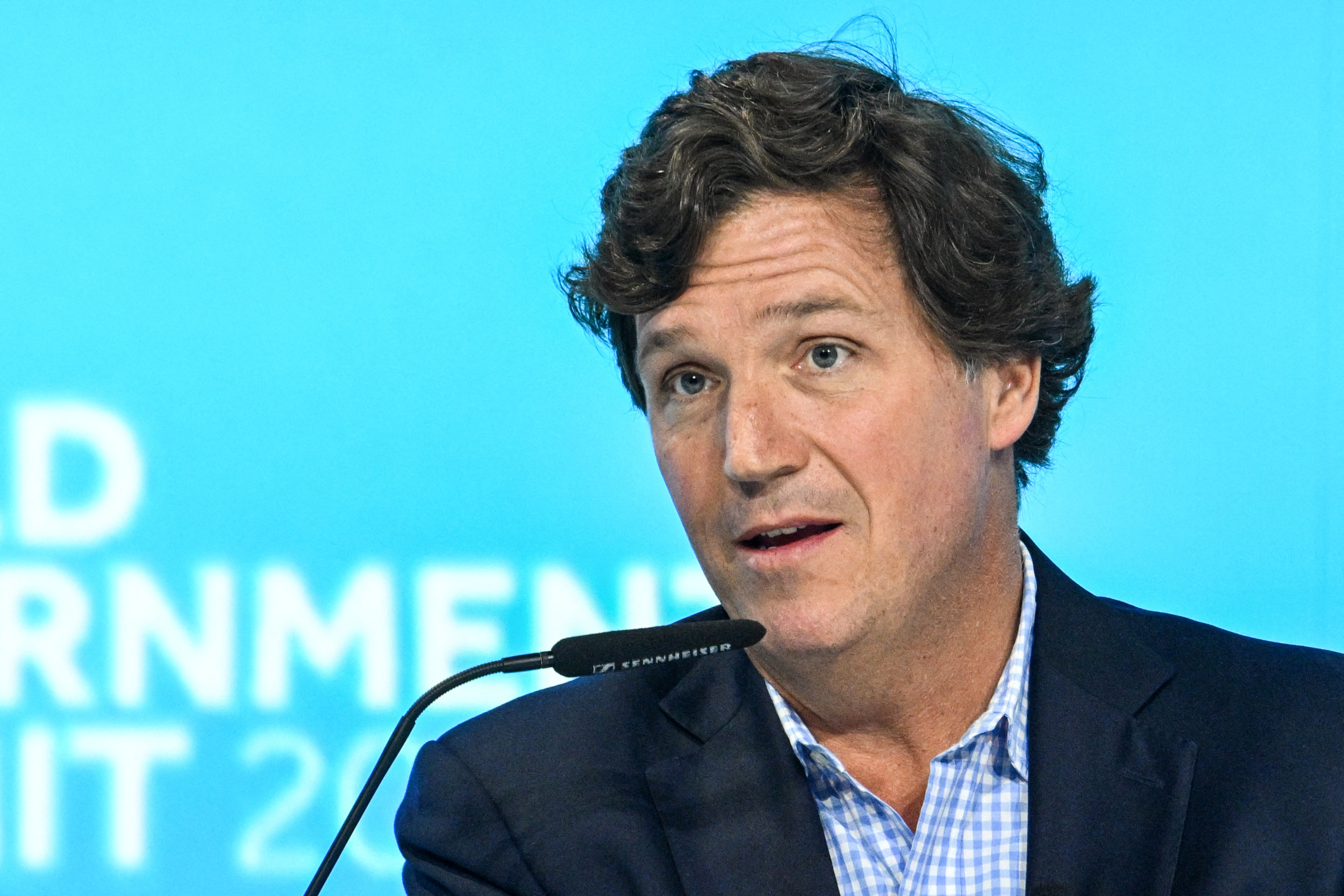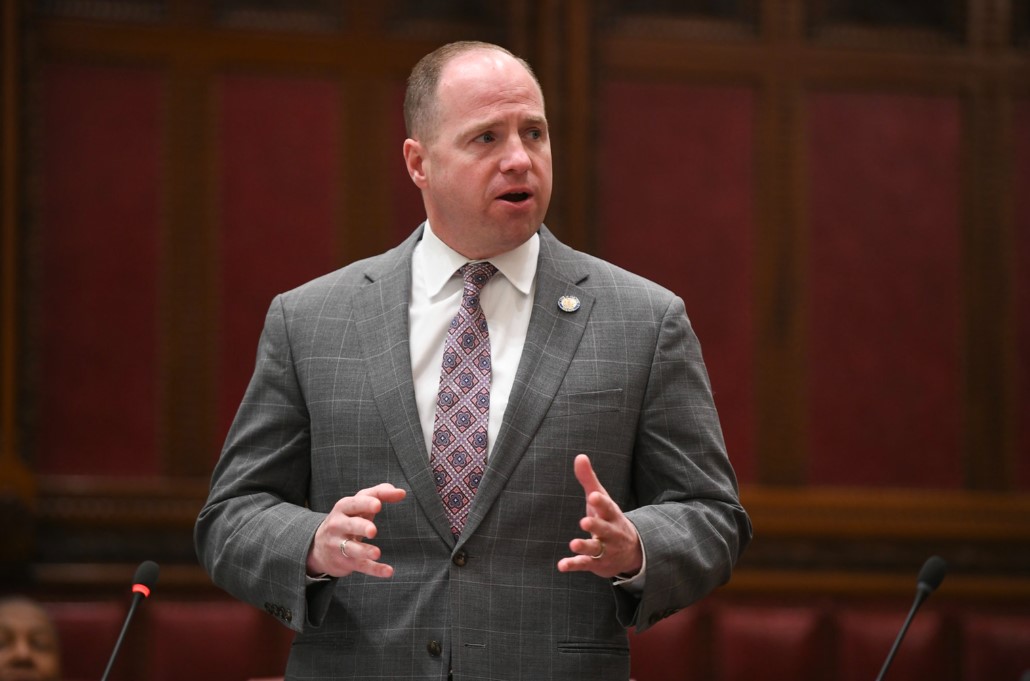
This article first appeared on the Council on Foreign Relations site.
Britain's vote to leave the European Union was fueled by a broad range of social and political concerns, including a fear of immigration, resurgent nationalism and a populist rejection of U.K. and European policies, institutions and policymakers.
But it is also an extraordinary economic experiment. Here are a few things to look for in coming days as the global economy tries to absorb the implications of this leap into the unknown.
A Sharp Market Jolt, Followed by Extreme Volatility
The pound sterling was in the vanguard of the market reaction. After reaching 1.50 against the dollar on June 23 on hopes of a remain vote, the pound fell to 1.33 before rebounding to 1.37.
Global equity markets also fell sharply, partly a reflection of how unexpected the result was and partly a natural pulling back in risk-taking in the face of uncertainty. The biggest falls were outside the U.K., in Europe and Asia, and U.S. futures predict a significant decline here.
It is often noted that, initially, little changes in the fundamentals of the British economy. It could be several months before Article 50 of the EU treaty is invoked by a new British prime minister, beginning the formal process of withdrawal that would take at least two years, and likely more.
For now, the way Britain moves, works and trades will not change. Still, the uncertainty about what follows, and the potentially protracted political debate that follows, is likely to contribute to an elevated level of market volatility. Weaker levels for the pound, and equities, seem more likely than not.
Central Banks Show the Flag
The Bank of England quickly announced its commitment to "take all necessary steps to meet its responsibilities for monetary and financial stability" and indicated that it had provided significant amounts of dollar and pound liquidity.
A number of other central banks have confirmed intervention, and globally this shock likely will be a reason for monetary policies to remain accommodative in coming months. As it has been in this recovery, the burden of driving economic recovery falls fully on central banks.
Aggressive central bank action can go a long way toward addressing liquidity concerns in markets, but what it can't do is fix underlying concerns about the health of the European financial system.
We should be worried about what a shock to growth, and the asset price moves we are seeing, mean for the longer-term viability of European banks that are already struggling to achieve profitability and deal with the legacy problems from the earlier crisis. Concerns about specific financial institutions in the U.K. and Europe could emerge in coming days, perhaps representing the bigger threat to market stability.
A U.K. Economic Stall, Which Will Be Felt Globally
Market analysts predict a sharp fall in U.K. growth over the next year, on the order of 1 to 2 percent lower, with some predicting an outright recession. At the same time, the rating agencies have downgraded the U.K.
Uncertainty will be felt on investment most importantly, as well as consumer sentiment. Even if you are optimistic about the long-run future of the British economy outside the EU, the cyclical effects appear likely to be significant.
The shock will drag European growth lower, adding to political strains on the union. I expect Grexit will again return to the front pages of the newspapers, along with calls for referendums elsewhere.
A Drag for the Fed
The fallout from the Brexit vote in the United States—tighter financial conditions caused by weaker stock markets and reduced risk-taking, uncertainty about the future of Europe and global trade, and a weaker outlook for growth—strengthens the case for the Fed to put off rate hikes (if they needed any reason beforehand).
Many issues that have come to the fore in our election campaign, including anxiety about the economic future of the country and globalization, will get a new look. Together, there are many reasons to believe the economic consequences for the United States could be significant.
Again, Britain punches above its weight.
Robert Kahn is the Steven A. Tananbaum Senior Fellow for International Economics at the Council on Foreign Relations.
Uncommon Knowledge
Newsweek is committed to challenging conventional wisdom and finding connections in the search for common ground.
Newsweek is committed to challenging conventional wisdom and finding connections in the search for common ground.
About the writer
To read how Newsweek uses AI as a newsroom tool, Click here.








